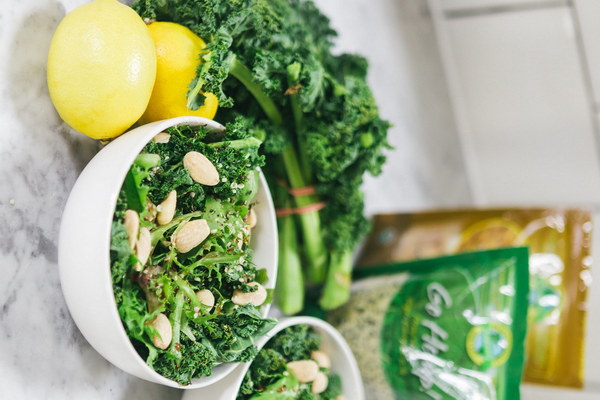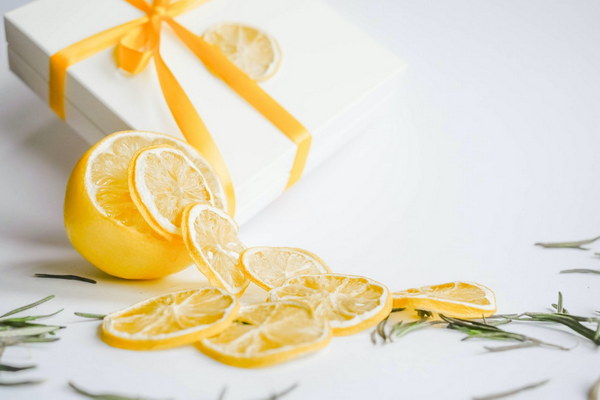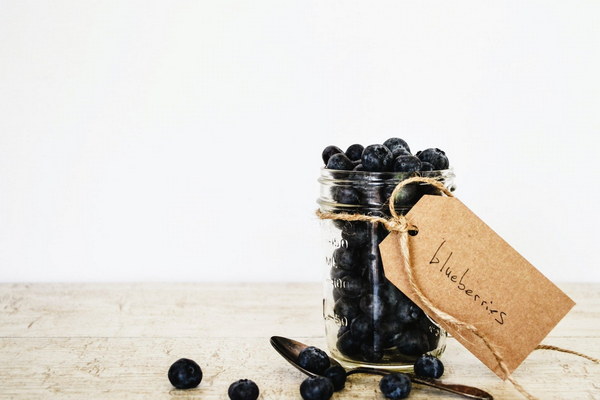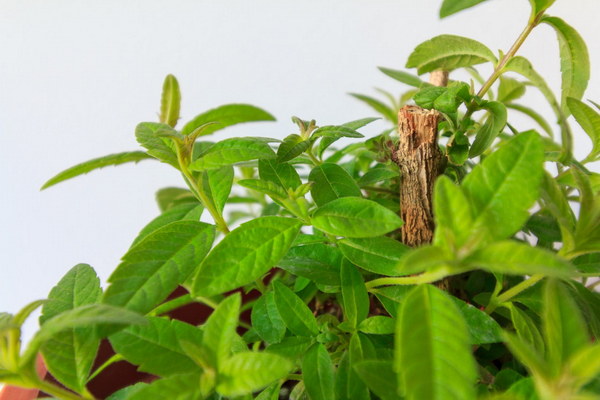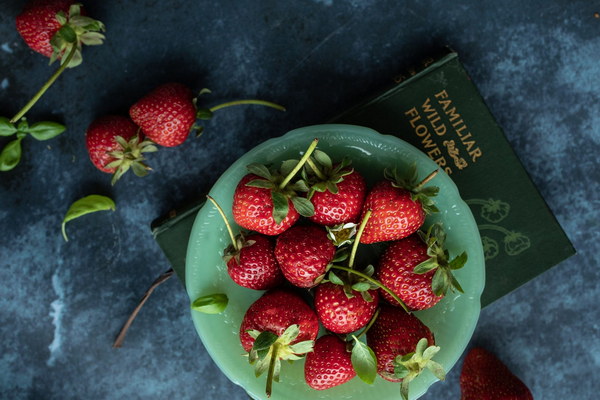Zhang Shengs Peony A Traditional Remedy for Nourishing the Spleen and Stomach
In the realm of traditional Chinese medicine, Zhang Sheng's Peony stands as a testament to the profound knowledge and wisdom passed down through generations. This ancient herb, known for its remarkable properties in nourishing the spleen and stomach, has been a staple in the treatment of various digestive disorders. This article delves into the origins, benefits, and usage of Zhang Sheng's Peony, highlighting its significance in Chinese herbal medicine.
Origins of Zhang Sheng's Peony
Zhang Sheng's Peony, also known as Paeonia lactiflora, belongs to the genus Paeonia, which comprises over 30 species of herbaceous plants. Native to China, this peony has been cultivated for its medicinal properties for thousands of years. The plant is characterized by its large, fragrant flowers, which are commonly seen in gardens and parks across the country.
According to ancient texts, Zhang Sheng's Peony was first discovered by Zhang Sheng, a renowned physician during the Eastern Han Dynasty (25-220 AD). He was fascinated by the plant's ability to alleviate abdominal pain and bloating, which led him to develop a formula that incorporated the herb into his treatments. Over time, the herb gained widespread popularity and has since become a staple in Chinese herbal medicine.
Benefits of Zhang Sheng's Peony
1. Nourishing the spleen and stomach: Zhang Sheng's Peony is well-known for its properties in nourishing the spleen and stomach. It helps to improve digestion, alleviate bloating, and reduce abdominal pain. This makes it an ideal herb for treating various digestive disorders, such as chronic gastritis, dyspepsia, and irritable bowel syndrome (IBS).
2. Anti-inflammatory properties: The herb possesses potent anti-inflammatory properties, which help to reduce inflammation in the digestive tract. This is particularly beneficial for individuals suffering from conditions such as colitis, Crohn's disease, and ulcerative colitis.
3. Pain relief: Zhang Sheng's Peony is also known for its analgesic effects. It can help alleviate pain associated with menstrual cramps, abdominal pain, and neuralgia.
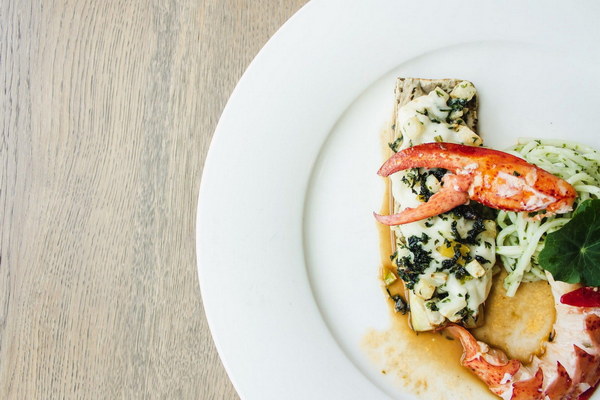
4. Enhancing immune function: The herb has been shown to boost the immune system, helping to protect against infections and diseases. This makes it a valuable herb for individuals with weakened immune systems.
Usage of Zhang Sheng's Peony
Zhang Sheng's Peony is available in various forms, including raw herbs, powders, and capsules. The most common way to use the herb is in the form of a decoction, where it is combined with other herbs to create a personalized formula. Here are some examples of traditional formulas that incorporate Zhang Sheng's Peony:
1. Paeonia Lactiflora Decoction: This formula is designed to nourish the spleen and stomach, alleviate abdominal pain, and improve digestion.
2. Paeonia Lactiflora and Atractylodes Formula: This combination aims to strengthen the spleen, alleviate bloating, and improve appetite.
3. Paeonia Lactiflora and Angelica Formula: This formula is used to treat menstrual cramps and alleviate pain associated with dysmenorrhea.
While Zhang Sheng's Peony is a valuable herb in traditional Chinese medicine, it is essential to consult with a qualified healthcare professional before using it. They can provide guidance on the appropriate dosage and usage, taking into account individual health conditions and any other medications being taken.
In conclusion, Zhang Sheng's Peony is a remarkable herb with a rich history and numerous health benefits. Its ability to nourish the spleen and stomach, alleviate pain, and enhance immune function makes it an invaluable herb in the treatment of various digestive disorders and other health conditions. As more research continues to be conducted on this ancient herb, its significance in modern medicine is expected to grow, offering hope and relief to countless individuals worldwide.
